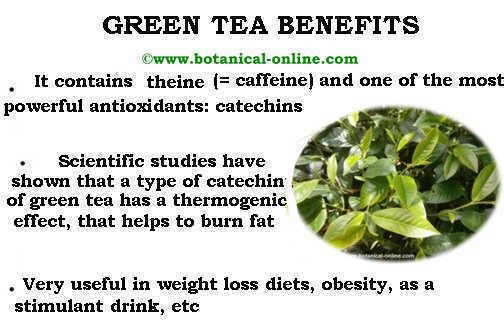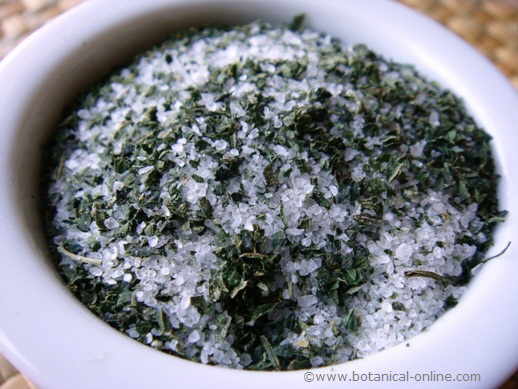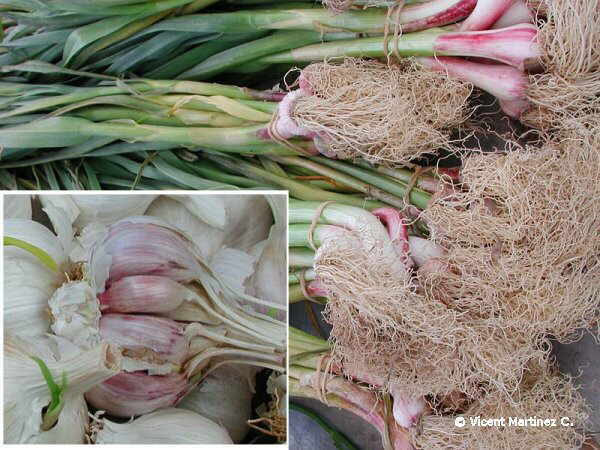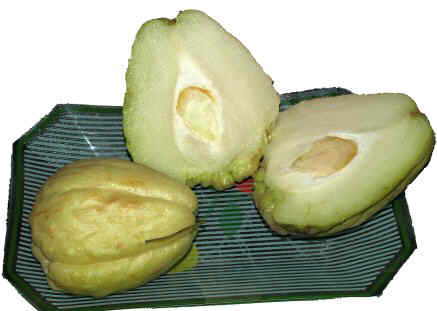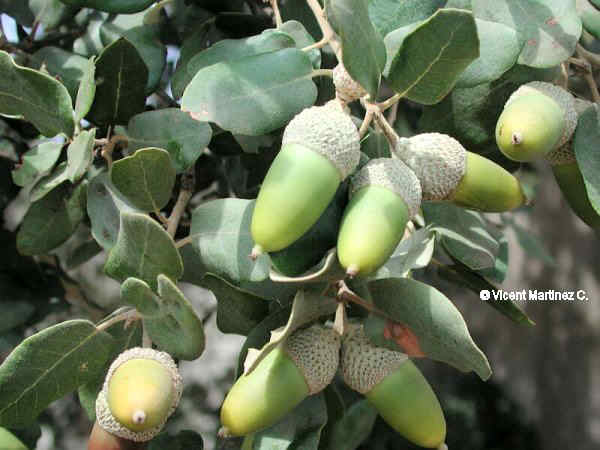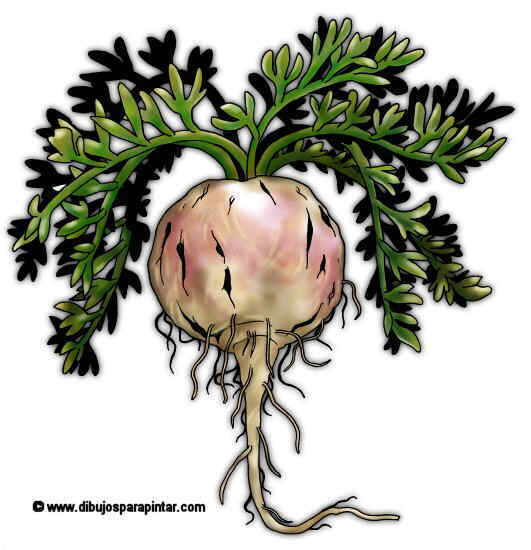Contents
- 1 What vitamins and minerals are good for anemia?
- 1.1 Are there any supplements for anemia?
- 1.2 Advantages of supplements for the treatment of anemia
- 1.3 Dangers of self-medication
- 1.4 What supplements are necessary for the treatment of anemia? How should you take supplements?
- 1.5 Supplements of echinacea or dandelion
- 1.6 Iron supplements.
- 1.7 Folic acid supplements.
- 1.8 Supplements of Vitamin B12
- 1.9 Supplements of Vitamin C.
- 1.10 Supplements of spirulina and iron.
What vitamins and minerals are good for anemia?
Are there any supplements for anemia?
Anemia is caused primarily by a lack of iron or poor absorption of this component. A diet rich in foods that contain lots of iron is the most appropriate way to prevent anemia. Once the body is under this condition, perhaps the use of foods high in iron and will not be enough to cure anemia and require the use of supplements.
Advantages of supplements for the treatment of anemia
It is important to note that anemia may respond to a loss of blood for some reason given what is known as iron deficiency anemia. In this case, it has to be determined what produces these losses and the convenience of taking supplements, factors to be taken into account by the physician to appraise the progress of the disease.
Dangers of self-medication
If you suffer this type of anemia or another, your specialist will probably order to carry out blood tests to see if you need supplements or how you react if you take them. Do not forget that excess iron is harmful because it causes circulation problems and can damage the health of the arteries or heart.
Consult your doctor before starting any supplementation therapy to treat anemia. This is particularly mandatory if you’re pregnant or intend to become pregnant, are taking another medication or if you have a disease.
What supplements are necessary for the treatment of anemia? How should you take supplements?
Among the main supplements for anemia we have:

Supplements of echinacea or dandelion
Dandelion and echinacea help in iron absorption. They can to be taken, according to the prospectus, single or combined, in the two main meals.
Iron supplements.
The use of this supplement is suitable for when there is iron deficiency anemia. The usual dose is set to 90 mg per day split into 3 doses, along with 1500 mg vitamin C per day spread over three takes to promote absorption of iron.
Folic acid supplements.
Folic acid is necessary for proper absorption of iron. A deficiency of this vitamin can cause, among other diseases or disorders, anemia due to lack of folic acid (megaloblastic anemia) a type of anemia in which there is an abnormal growth of blood cells. (The usual dose of 800 mcg is usually divided into two doses daily with 1000 mcg of vitamin B12)
More information on folic acid and its different properties.
Supplements of Vitamin B12
Lack of this vitamin also contributes to the occurrence of megaloblastic anemia. Low levels of this vitamin are responsible for pernicious anemia, a form of anemia that occurs when the body is unable to absorb iron. It is also necessary to take this vitamin when you are taking folic acid because folic acid can mask a lack of vitamin B12. (The usual dose is usually 1 dose of 1000 mcg per day in sublingual tablet form)
More information on the B12 vitamin and its different properties.
Supplements of Vitamin C.
Vitamin C helps in iron absorption. Taking daily supplements of vitamin C in foods help to improve iron levels in the body. (The usual dose is 1500 mg daily divided into three main meals)
More information on vitamin C and its properties.
Supplements of spirulina and iron.
Some studies have demonstrated that spirulina, combined with the supplements of iron, helps in the absorption of this mineral.
* Go on reading:
- Types of iron for anemia
- Food rich in iron for anemia
- Bad food for anemia
- Is it enough to eat iron-rich food to avoid anemia?
- Tea and coffee for anemia
- Beet for anemia
![]() More information on anemia.
More information on anemia.



